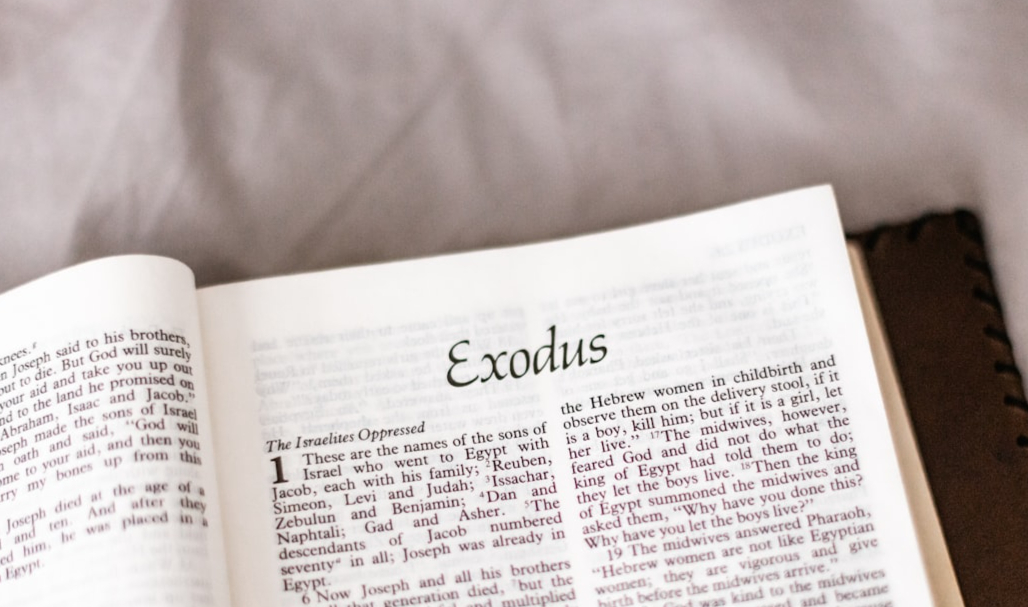Your cart is currently empty!
The Book of Exodus is the second book of the Bible and the Torah, which is a foundational text in both Judaism and Christianity. It recounts the story of the Israelites’ escape from slavery in Egypt, their journey through the wilderness, and their covenant with God at Mount Sinai. This narrative is central to Jewish identity and faith, symbolizing liberation and divine guidance.
Exodus begins with the Israelites living in Egypt, where they had initially settled during a time of famine. Over time, their population grew, and the Egyptian Pharaoh, feeling threatened by their numbers, enslaved them and ordered the killing of all newborn Hebrew boys. Moses, a Hebrew child, was saved by his mother, who placed him in a basket on the Nile River. He was found and adopted by Pharaoh’s daughter and raised in the Egyptian court.
As an adult, Moses fled Egypt after killing an Egyptian who was beating a Hebrew slave. In the land of Midian, he encountered God in the form of a burning bush. God revealed His plan to free the Israelites and commanded Moses to return to Egypt to lead His people out of bondage. Despite his initial reluctance, Moses obeyed and, with the help of his brother Aaron, confronted Pharaoh. After a series of plagues that devastated Egypt, Pharaoh finally agreed to release the Israelites.
The Exodus narrative continues with the miraculous crossing of the Red Sea, where the Israelites escaped the pursuing Egyptian army. Once in the wilderness, they experienced hardships and challenges, such as lack of food and water. God provided for their needs through miracles, including manna from heaven and water from a rock. At Mount Sinai, God gave Moses the Ten Commandments and other laws, which became the foundation of Israelite society and religious practice.
One of the most significant aspects of Exodus is the establishment of the covenant between God and the Israelites. This covenant, marked by the giving of the law at Sinai, set the Israelites apart as God’s chosen people and laid the groundwork for their future as a nation. The laws encompassed moral, civil, and ceremonial instructions, emphasizing justice, compassion, and holiness.
The Book of Exodus also introduces the construction of the Tabernacle, a portable sanctuary where God’s presence would dwell among His people. The detailed instructions for building and furnishing the Tabernacle highlight the importance of worship and the centrality of God’s presence in the life of the community.
Exodus is not just a historical account; it is a theological narrative that reflects the themes of liberation, covenant, and divine presence. It has inspired countless generations and continues to be a source of spiritual and moral guidance. The story of the Exodus is commemorated annually in the Jewish festival of Passover, which celebrates the Israelites’ deliverance from slavery and God’s enduring faithfulness.
In summary, the Book of Exodus is a profound and multifaceted text that has shaped the religious and cultural identity of both Jews and Christians. Its themes of freedom, faith, and divine guidance resonate across the ages, making it a timeless and relevant part of the biblical canon.


Leave a Reply